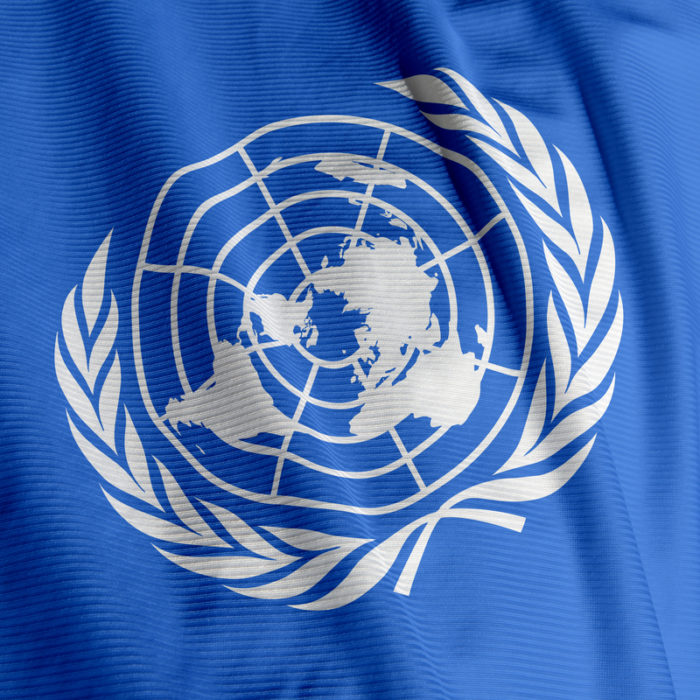 Africans and people of African descent must receive restitution and compensation for the harms done in the past through enslavement, trade in enslaved persons, the transatlantic trade in Africans, colonialism, and other grave human rights violations.
Africans and people of African descent must receive restitution and compensation for the harms done in the past through enslavement, trade in enslaved persons, the transatlantic trade in Africans, colonialism, and other grave human rights violations.
A new United Nations report said those violations left enduring legacies that continue to shape every aspect of their lives. It demanded formal UN recognition of reparations for enslavement and the transatlantic slave trade as an enshrined principle of international law.
“These injustices targeted Africans and continue to negatively impact their descendants as a people, so justice must be collective,” a UN human rights Working Group of Experts on People of African Descent said.
“Reparatory justice for Africans and people of African descent must include restitution, compensation, rehabilitation, satisfaction, and guarantees of non-repetition, tailored to each historical and national context,” it demanded.
Among concrete steps, it called on UN members to set up a new international body to support compensation claims, ensure accountability and provide closure for Africans and people of African descent. Governments should convene a high-level meeting at the UN to develop workable strategies for achieving this reparatory justice.
The Group’s decisions were based on detailed analysis of the political, legal, sociocultural and economic dimensions of the transatlantic trade in enslaved Africans and other related past injustices. It also suggested some pathways and options.
These demands run counter to President Donald Trump’s firm opposition to such ideas. Last February, he issued an executive order banning diversity, equity and inclusion (DEI) policies in federal agencies, calling them illegal and discriminatory.
US views on reparations for slavery are divided along racial lines, with strong support among Black Americans but significant opposition from White Americans. Objectors often cite the difficulty of calculating the harm, the time that has passed, and concerns about the fairness and divisiveness of such programs.
The hurdles are extremely complex when reparatory justice must be adjudicated and compensation fixed on an international scale. It would involve dozens of poor nations that will look to the US and European nations to provide funds running into billions of dollars.
The UN group wants to bring closure to the descendants of millions of Africans and people of African descent. But that could also raise similar financial claims from people of other races on all continents, including Latin America and Australasia for compensation of lasting harms done to their ancestors by invading colonial settlers.
The Working Group sets the stage for the UN’s Second International Decade for People of African Descent that runs from January 2025 to December 2034. It is aimed at implementing a Programme of Action for people of African descent that focuses on justice, equality and people’s development.
American support is unlikely. The U.S. walked out of a World Conference against Racism in Durban, South Africa, in 2001 and has since opposed or abstained from resolutions affirming the Durban Declaration saying that it singled out Israel, promoted anti-Semitic sentiments, and restricted freedom of expression.
But Washinton has remained committed to fighting racism and has supported the work of the UN’s Permanent Forum on People of African Descent and the Second International Decade for People of African Descent.
ID 5371270 ©
Matthew Trommer | Dreamstime.com
















